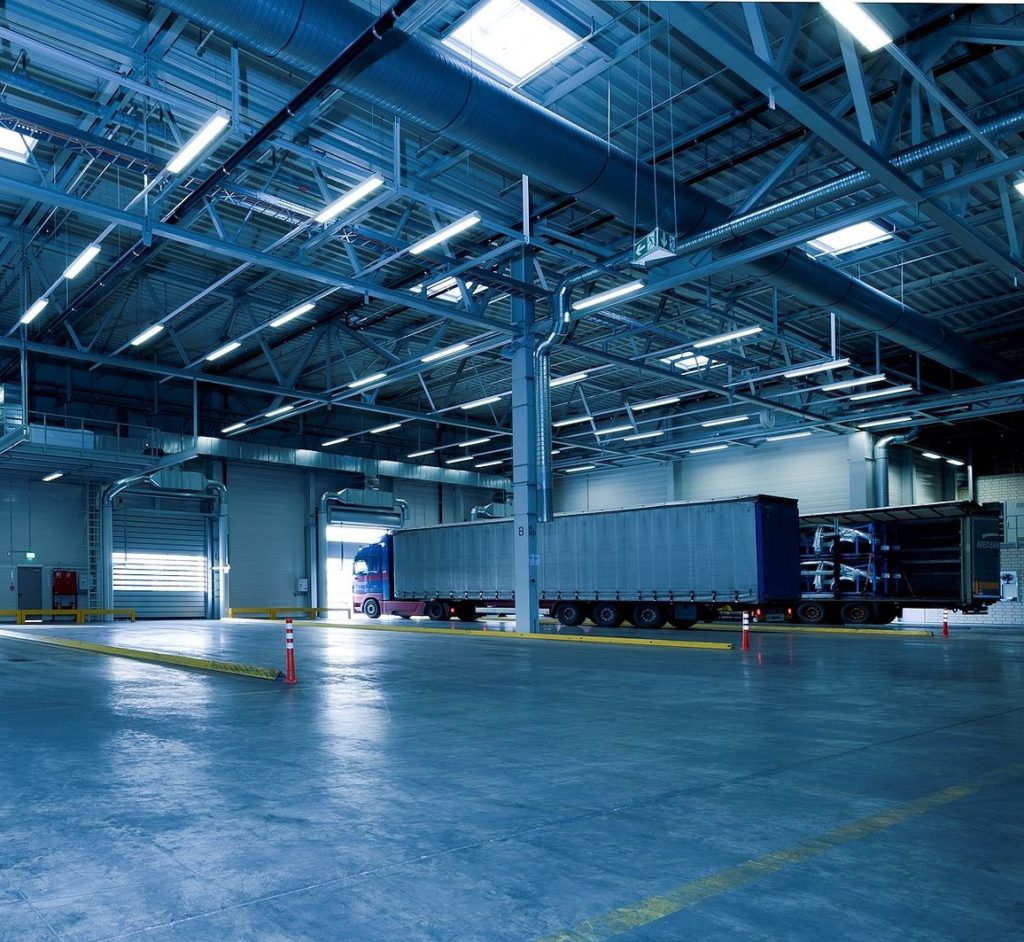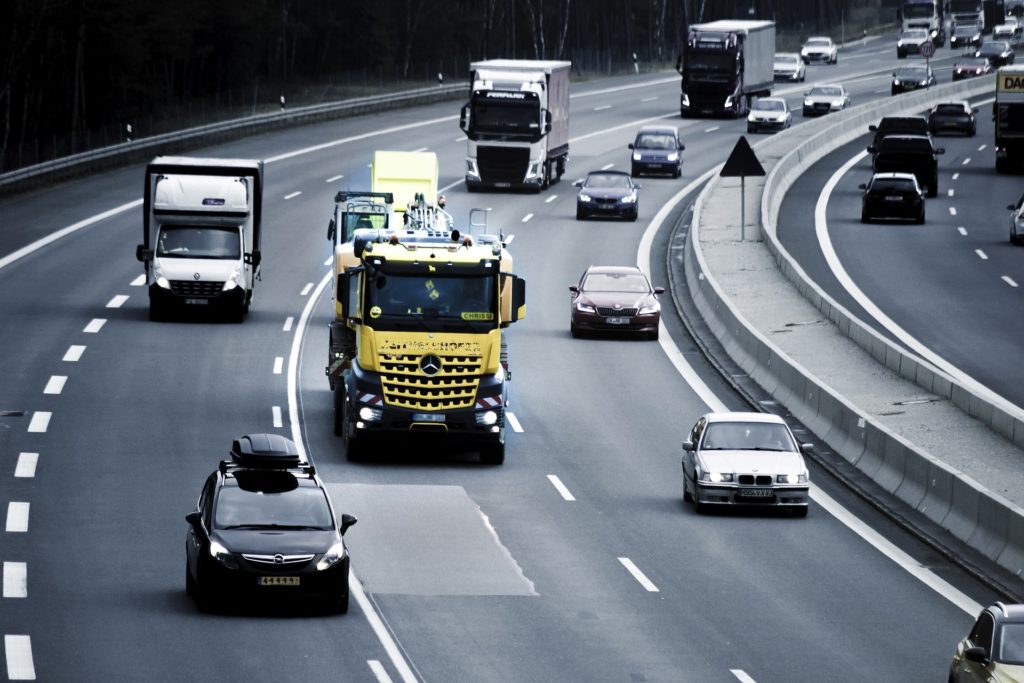
The global pandemic of the COVID-19 virus announced last week by the WHO forced many employers to drastically reorganize the functioning of workplaces, and sowed uncertainty about the stability of employment and remuneration among employees.
In extreme cases, the functioning of enterprises was completely suspended.
This is particularly evident in the sports, entertainment, tourist and commercial industries.
Although the Polish Labor Code does not explicitly mention a global pandemic, it provides for situations of so-called “downtime”.
I am talking about the regulation contained in art. 81 § 1 of the Labor Code.
Pursuant to the aforementioned provision, an employee ready to perform work, who, however, suffered obstacles in this regard, is entitled to remuneration resulting from his personal grade, determined by hourly or monthly rate.
If the parties to the employment contract did not separate such components of remuneration, for example, the employee receives a commission remuneration, then the employee will receive 60% of the remuneration.
In each case, however, this remuneration may not be lower than the amount of the minimum remuneration for work (and therefore from PLN 2,600.00).
Although the provision mentions “experiencing obstacles for employer reasons,” the doctrine will classify the effects of a pandemic in this way. This may result from the general rule that the employee does not bear the risk associated with the employer’s activities.
It is also worth adding that during the period of quarantine, the remuneration is paid on the same terms as in the case of illness. The law firm’s team will follow legislative work and keep you informed of any significant changes on an ongoing basis.

